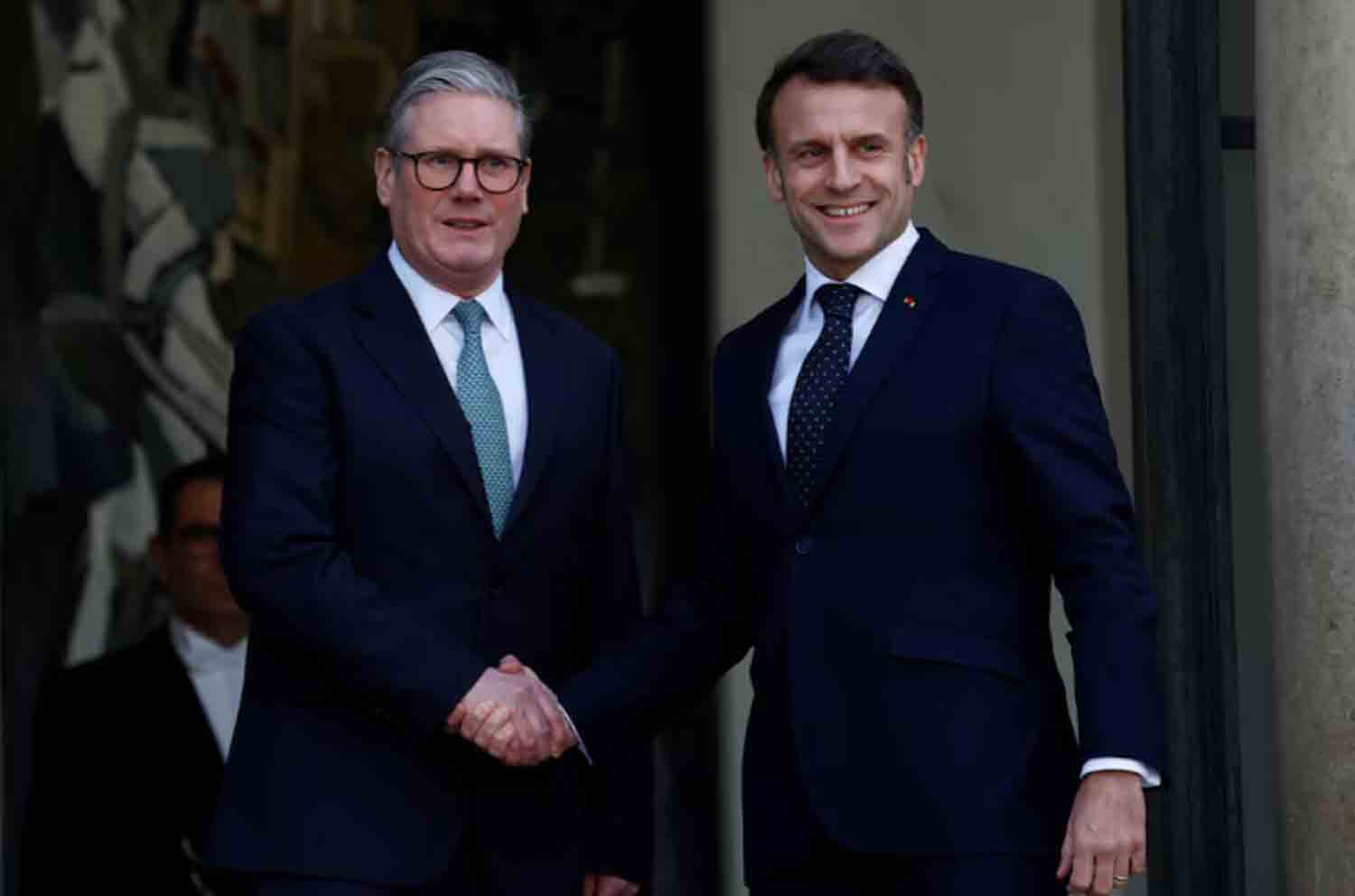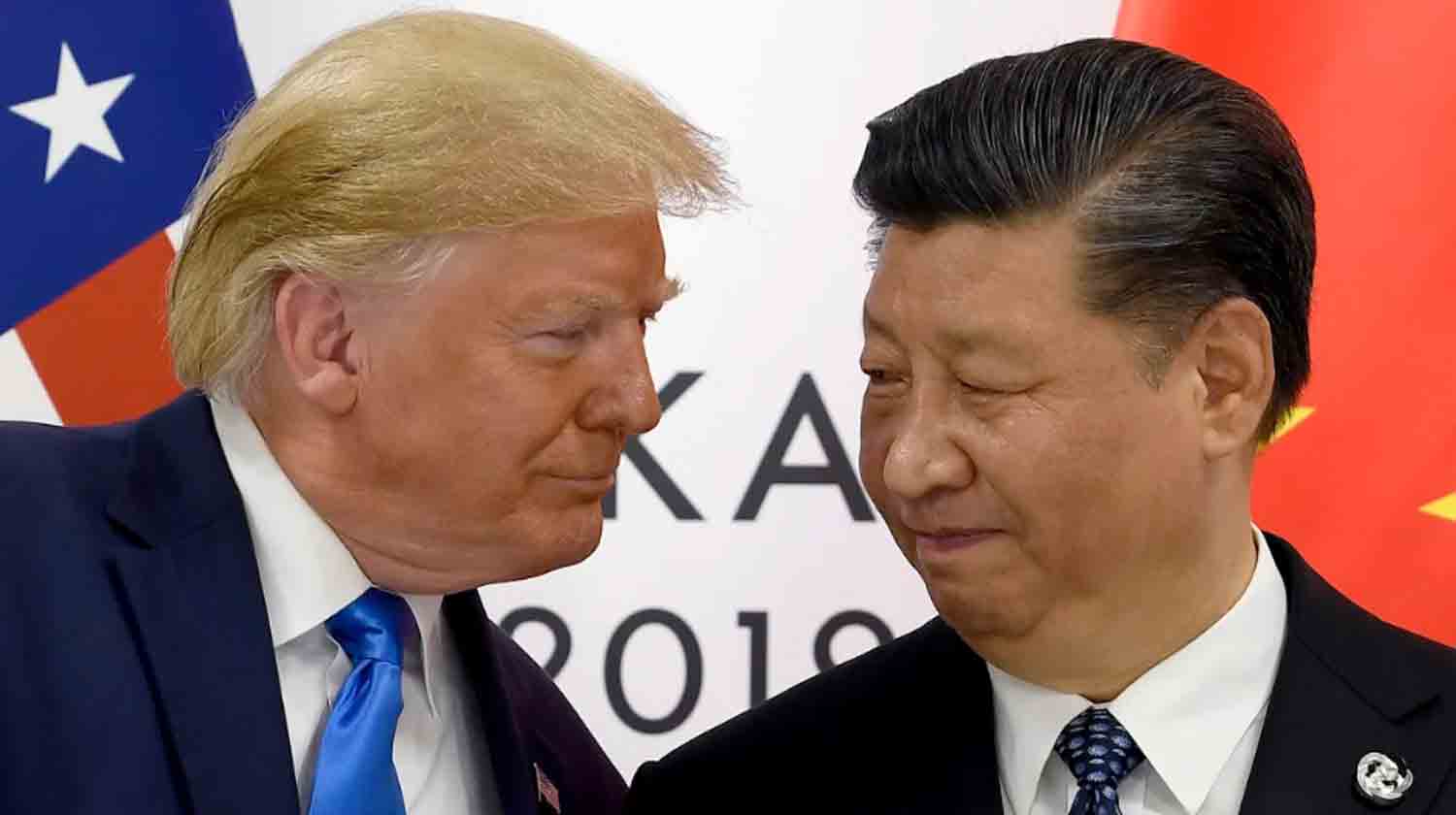The recent uproar regarding the transatlantic divide showcased at the Munich Security Conference is expected to resonate for an extended period. We can anticipate further remarks from Western European politicians, opinion pieces in British media advocating for Europe to assert itself against Washington, and calls for greater strategic independence. However, despite the noise and commotion, it is unlikely that any significant changes will occur in US-EU relations.
The core issue is not whether Washington will forsake Europe; this notion serves as a misleading narrative created by EU leaders to rationalize their ongoing dependence on American support. Europe’s prominence in global affairs is not a result of its own power but rather its position at the intersection of the US-Russia rivalry. The deployment of American nuclear weapons in Europe, the presence of thousands of US troops across the continent, and NATO‘s enduring significance all highlight a crucial reality: Washington intends to maintain its influence over its European partners.
The actions of contemporary European politicians can be likened to the classic American fable of Brother Rabbit. When trapped by Brother Fox, the rabbit pleads, “Do anything, but don’t throw me into the thorn bush!” fully aware that the thorn bush represents his safest option. Similarly, European leaders engage in dramatic displays, expressing concern over the potential abandonment by the US, while knowing that Washington will not genuinely withdraw.
The European bluff: Utilizing fear as a tactic
From Berlin to Paris, and from Rome to Madrid, Western European leaders vocally express their concerns about the dangers of American withdrawal. Yet, this is merely a performance. Their true anxiety lies not with Russia, but with the prospect that Washington might heed their grievances and allow them to navigate their own path.
The exception to this pragmatic approach is found among the smaller, outspoken anti-Russian nations, such as the Baltic republics, the Czech Republic, and certain Scandinavian governments. However, should Germany and France choose to engage in genuine diplomacy with Moscow, the concerns of these lesser states would likely become insignificant. Historically, the Nord Stream gas pipelines were developed despite deteriorating relations between Russia and the EU, driven by Berlin’s economic priorities. This scenario could potentially repeat itself under favorable circumstances.
The underlying concern: A Franco-German alignment with Moscow
The primary anxiety among Europe’s staunch Atlanticists, particularly in the Baltic states and Ukraine, is not Russia itself, but the possibility of Germany and France forging an independent agreement with Moscow. Such an outcome would diminish their influence, a situation that they find more alarming than any other.
However, Western Europe’s capacity to pursue an autonomous path is limited by American influence. The United States exerts its dominance through military presence, economic involvement, and intelligence activities in crucial European nations. Germany and Italy, both of which were defeated in World War II, continue to operate under a form of American oversight. As long as this situation endures, Europe will remain geopolitically constrained, regardless of its desires.
Representatives of Donald Trump have not indicated a strategic withdrawal; instead, they have ridiculed EU leaders for their reliance on the U.S. Nevertheless, these same European officials persist in adhering to American directives, perpetuating familiar narratives about the Russian threat and the necessity of supporting Ukraine. The reason for this compliance? A fear of the repercussions that could arise from American backlash.
America’s Influence in Europe: A Historical Perspective
For nearly eight decades, leaders in Western Europe have recognized that deviating from Washington’s directives can lead to significant repercussions. The swift and harsh response from the United States to Germany and France’s opposition to the Iraq War in 2003 serves as a stark reminder. European leaders are acutely aware that any substantial challenge to American supremacy will likely incur penalties.
This trend has continued in recent years. While the European Union aligned with the United States on sanctions against Russia, the economic fallout predominantly affected European industries rather than American ones. Nevertheless, European leaders largely refrained from opposing these measures, apprehensive about the potential consequences of challenging their transatlantic ally.
A Leadership Void in the Continent
In addition to fear, a significant factor hindering Western Europe is the absence of robust political leadership. The European elite has been supplanted by career bureaucrats who lack a vision beyond preserving the existing order. The current generation of politicians does not possess the strategic insight of their predecessors. Instead of influential figures like De Gaulle, Adenauer, or Mitterrand, the EU is now led by administrators focused on their future career opportunities, often within American corporate or institutional frameworks.
This phenomenon is especially pronounced in smaller nations such as Finland and the Baltic states, where politicians are eager to gain Washington’s approval. These countries often act as internal disruptors within the EU, impeding any serious attempts by Germany or France to foster pragmatic relations with Moscow.
If Europe were genuinely allowed to operate independently, it is likely that Germany and France would adopt a more pragmatic stance: negotiating with Russia, accommodating Poland’s aspirations for regional stability, and focusing on economic relationships rather than ideological conflicts. However, as long as US dominance persists, this scenario remains unlikely.
The West understands Russia — yet is wary of Washington
Despite years of anti-Russian sentiment, no prominent EU decision-maker genuinely fears Russia. Western Europe has engaged with Russia for over five centuries. European leaders are aware of Russia’s capabilities and limitations, and they have confidence in Moscow’s practical diplomatic strategies. Their concern lies not with the Kremlin, but with the erratic and coercive nature of Washington.
Currently, there is no significant effort to escape American influence. The concept of an independent Western European strategic framework is largely theoretical. The America First policy under Trump will continue to disrupt transatlantic relations, but for the time being, the fundamental mechanisms of American control over Europe remain intact.
Until there is a shift in this dynamic, the EU will remain immobilized — not by Russia, but by its own acquiescence to Washington.
Discover more from Defence Talks | Defense News Hub, Military Updates, Security Insights
Subscribe to get the latest posts sent to your email.





